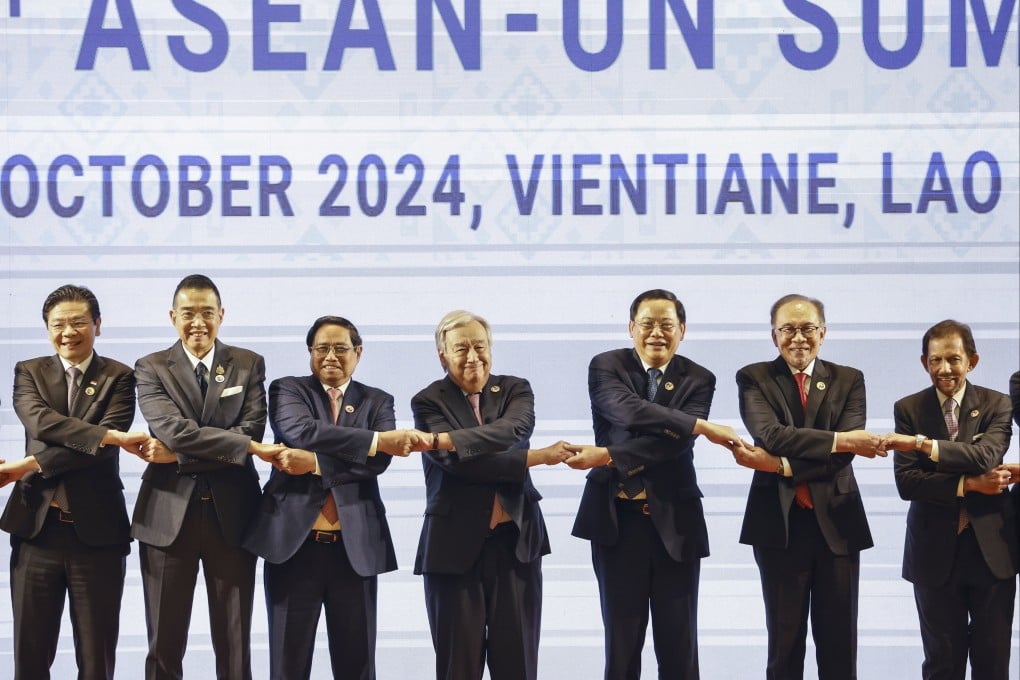Opinion | Asean won’t become obsolete just because a few members join Brics
Southeast Asian nations’ interest in joining the grouping is consistent with the region’s geopolitical hedging and may well strengthen Asean’s clout

A geopolitical bloc, Brics – named after its earliest members Brazil, Russia, India, China and South Africa – is also increasingly a geoeconomic bloc as economic partnerships grow.
Member states now include Egypt, Ethiopia, Iran and the United Arab Emirates (UAE), while partner countries have expanded to include Asean members Indonesia, Malaysia, Vietnam and Thailand.
Interest from others in the Association of Southeast Asian Nations is growing. Laos’ president, Thongloun Sisoulith, attended the summit and Myanmar has expressed the desire to join Brics as an observer.
Given that Indonesia, Malaysia, Vietnam and Thailand represent over 480 million people, more than 70 per cent of the Asean population, their interest in becoming full Brics members may well affect Asean cohesion, alignment and the bloc’s unique role and influence in the global economic order.


